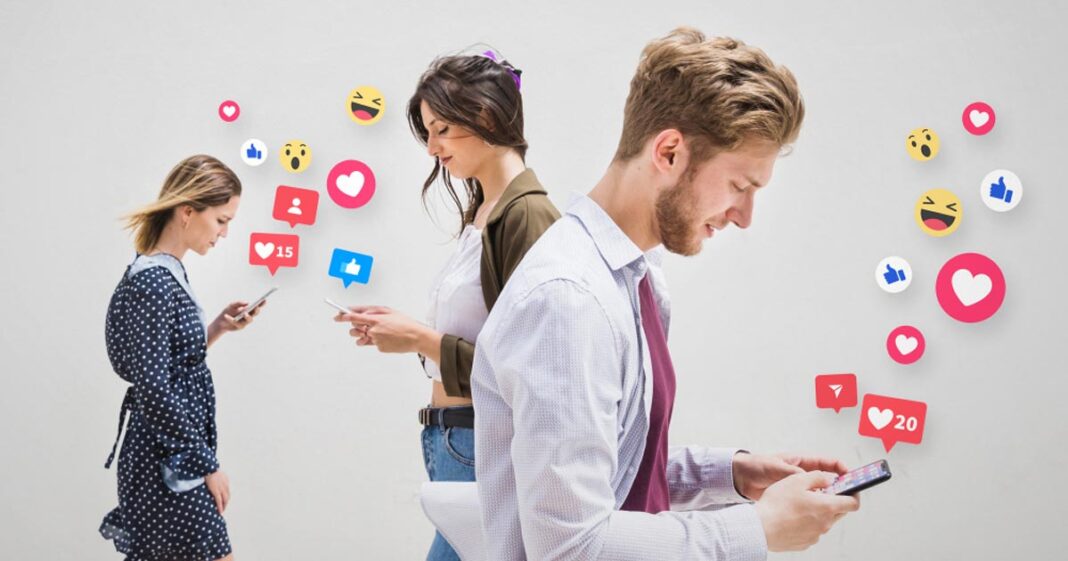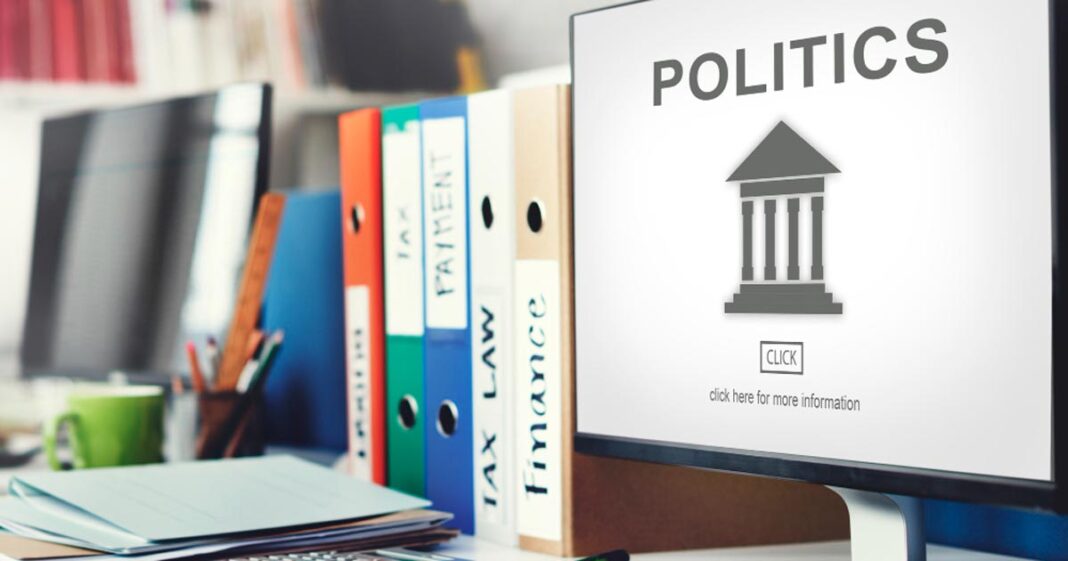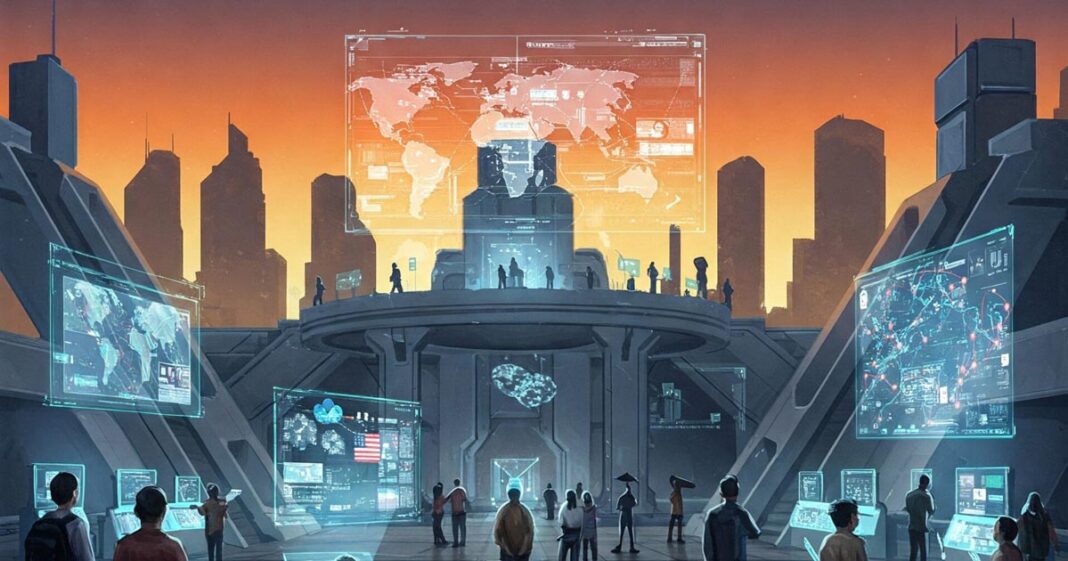
Introduction
Social media has transformed political communication, making it easier for politicians to reach voters directly while also amplifying misinformation and polarization. From grassroots activism to election campaigns, digital platforms now play a decisive role in shaping political narratives worldwide. This article explores the impact of social media on modern politics, highlighting both its advantages and challenges.
How Social Media Shapes Political Discourse
- Direct Communication Between Leaders and Citizens
– Politicians use platforms like Twitter, Facebook, and Instagram to engage with voters without media gatekeeping.
– Example: **Donald Trump’s Twitter strategy** in the 2016 U.S. election bypassed traditional news outlets, allowing direct messaging to supporters.
- Rapid Spread of Political Information
– News and opinions circulate faster than ever, enabling instant reactions to political events.
– Example: The MeToo movement gained global traction through social media, influencing legislation and political discourse.
- Amplification of Political Activism
– Social media enables grassroots movements to gain momentum.
– Example: Arab Spring (2010-2012) protests were coordinated through Facebook and Twitter, leading to significant political upheavals.
Digital Campaigning and Voter Engagement
- Targeted Political Advertising
– Platforms use data analytics and AI to deliver personalized political ads to specific demographics.
– Example: Cambridge Analytica’s role in Brexit and the 2016 U.S. elections demonstrated how voter data can be exploited for micro-targeted ads.
- Hashtag Politics and Online Movements
– Political movements gain visibility through hashtags, driving discussions and mobilization.
– Example: BlackLivesMatter influenced public policy debates on police reform and racial justice.
3. Influencer and Celebrity Endorsements
– Political figures collaborate with influencers to reach younger voters.
– Example: In the 2020 U.S. election, Joe Biden engaged influencers to encourage voter turnout among millennials and Gen Z.
Challenges: Misinformation, Echo Chambers, and Algorithmic Bias
- Misinformation and Fake News
– False narratives spread quickly, often influencing public opinion before fact-checking occurs.
– Example: COVID-19 misinformation campaigns affected public trust in health policies.
- Echo Chambers and Political Polarization
– Algorithms curate content based on user preferences, reinforcing biases and reducing exposure to opposing viewpoints.
– Example: Studies show that Facebook users engage primarily with content that aligns with their beliefs, deepening ideological divides.
- Manipulation Through Bots and Troll Farms
– Political entities use automated bots and troll armies to manipulate public sentiment.
– Example: Russia’s alleged interference in the 2016 U.S. election through social media propaganda campaigns.
Elections Influenced by Social Media
- 2016 U.S. Presidential Election
– Social media platforms were used for targeted disinformation campaigns, influencing voter perceptions.
- India’s 2019 General Election
– Political parties leveraged **WhatsApp groups and YouTube** for campaign outreach, sometimes spreading misleading information.
- Brazil’s 2018 Election
– Fake news on WhatsApp played a crucial role in shaping voter opinions, benefiting far-right candidate Jair Bolsonaro.
The Future of Social Media in Politics
– Stronger Regulation – Governments and platforms are increasing efforts to combat misinformation.
– AI-Powered Fact-Checking – Emerging technologies aim to detect and reduce fake news.
– Decentralized Platforms – Blockchain-based social media could reduce political censorship and manipulation.
Conclusion
Social media is a double-edged sword in modern politics. While it enhances political engagement and accessibility, it also fuels misinformation and polarization. The future of digital politics depends on ethical regulations, responsible tech companies, and informed citizens who can critically evaluate online content.





